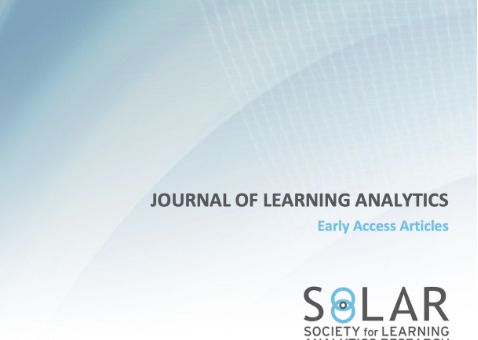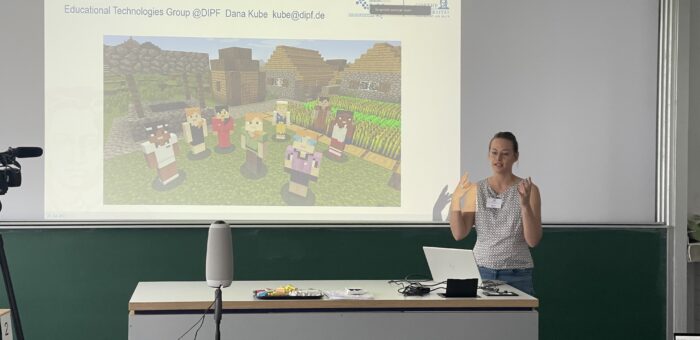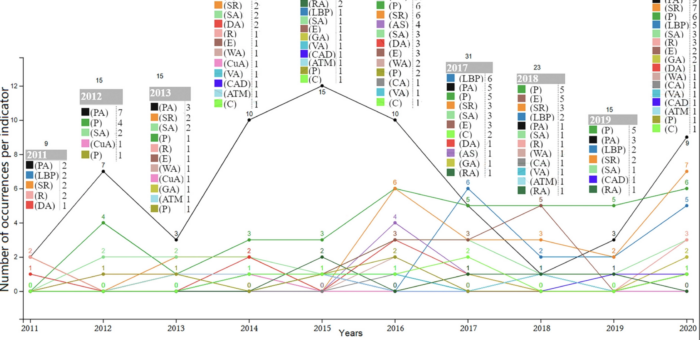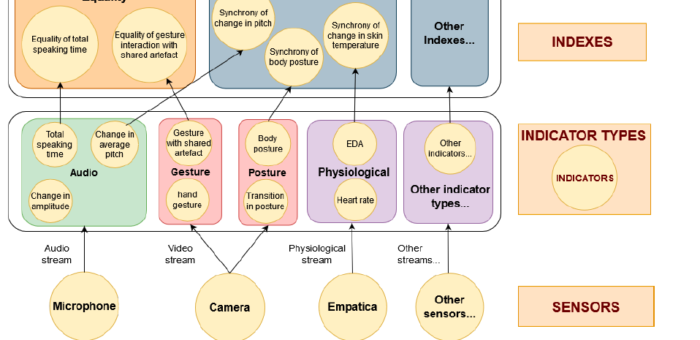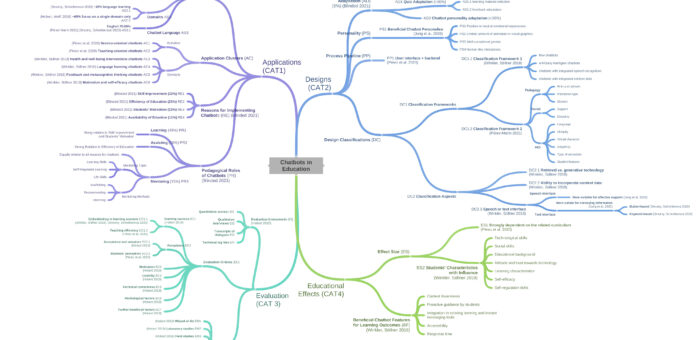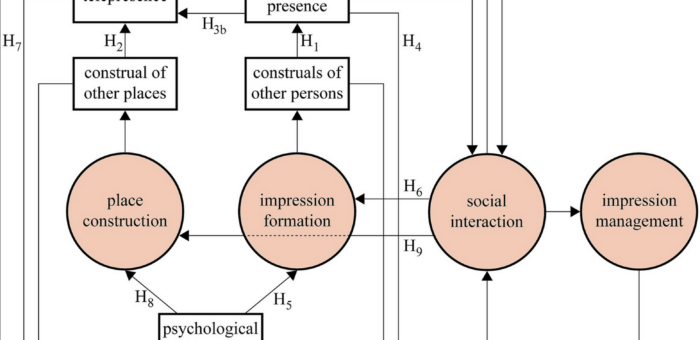
New Pub: Toward a comprehensive framework of social presence
Computer-supported collaborative learning, Higher Education, Journal, Literature review, New Pub, Open access, Special Issue
Today, students in higher education likely come into contact with different modes of learning, e.g. online learning, blended learning, and, increasingly, hybrid learning. To the extent that communication is mediated by technology in these learning modes, students can experience varying degrees of social presence with regard to their peers. Social presence refers to the feeling that others are 'real' and 'close' despite the physical separation. Especially in learning scenarios that require communication and collaboration, social presence is a crucial consideration. Despite this, research on social presence is fragmented and many other relevant theoretical accounts, while potentially informative, have been neglected. This paper, coauthored by Karel Kreijns, Jane Yau, Joshua Weidlich, and Armin Weinberger, published in Frontiers in Education, Section Digital Education, attempts to provide a comprehensive account of social presence…

